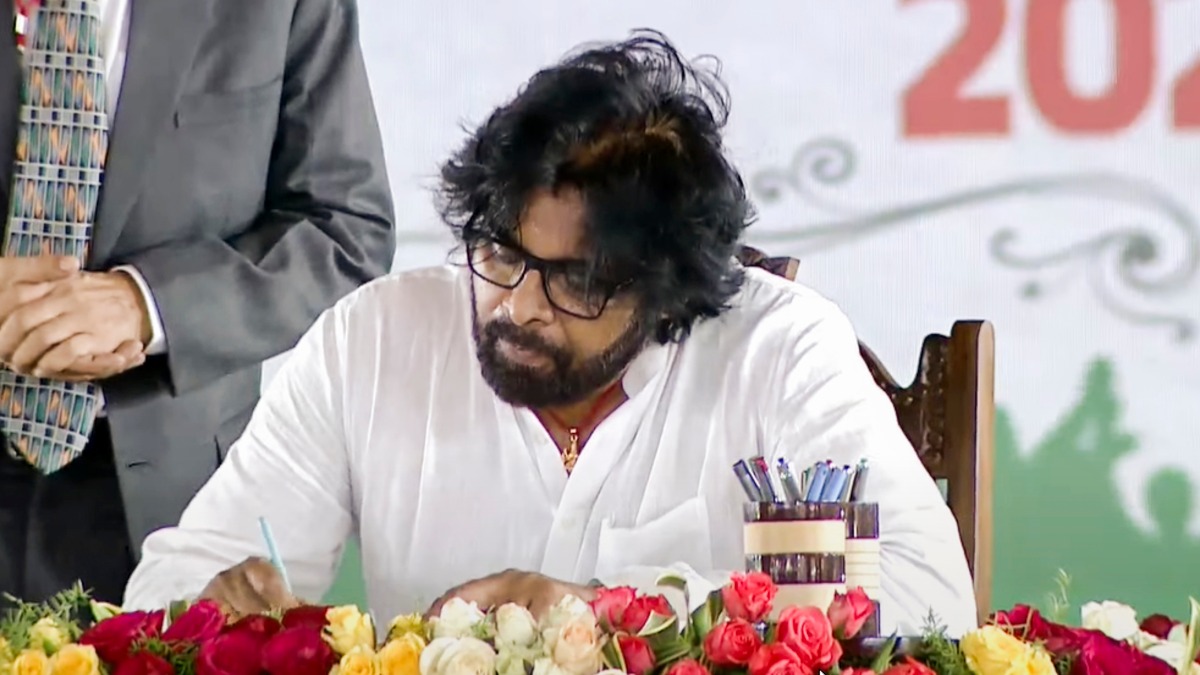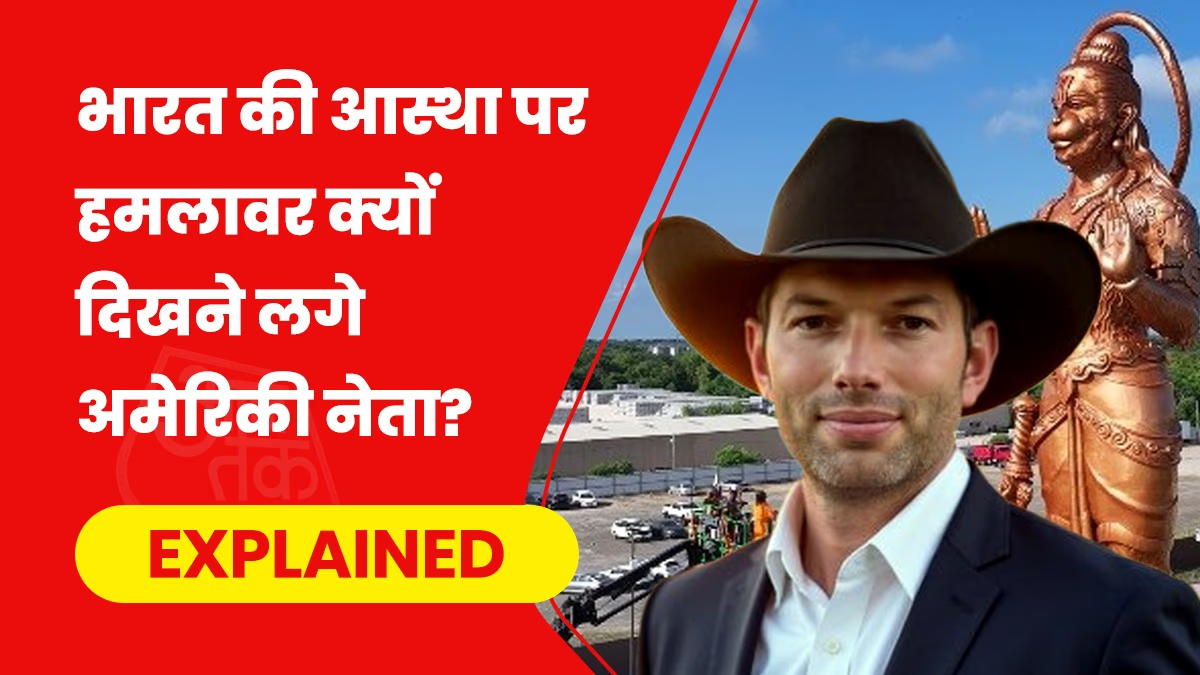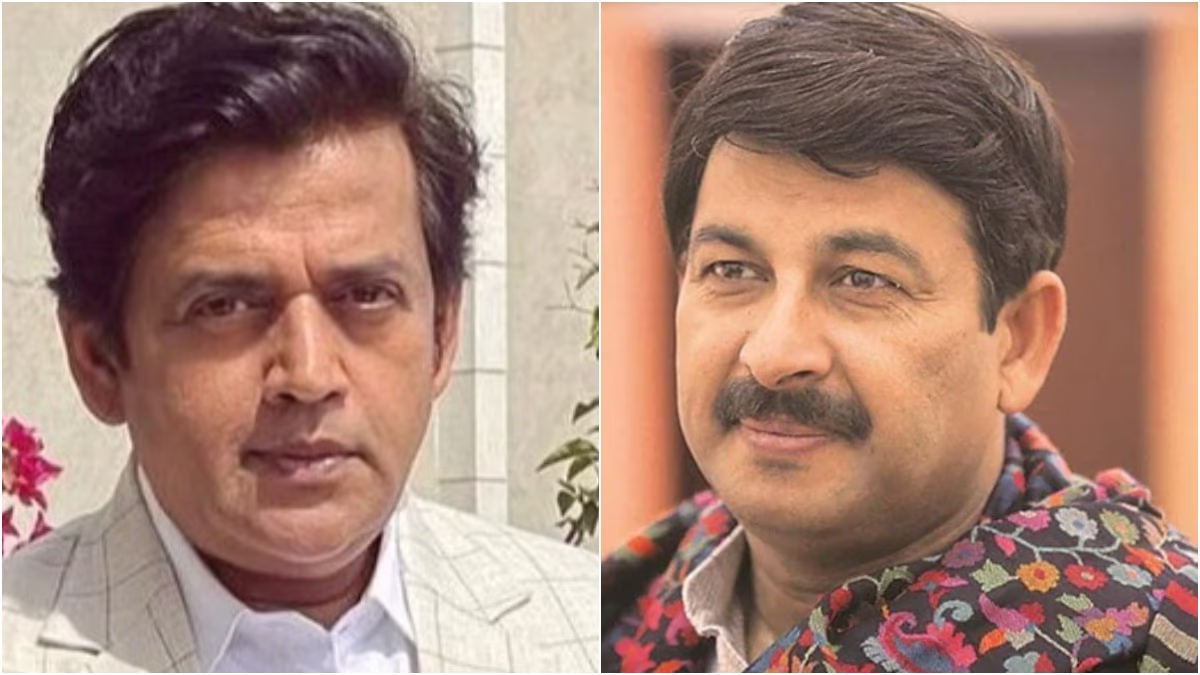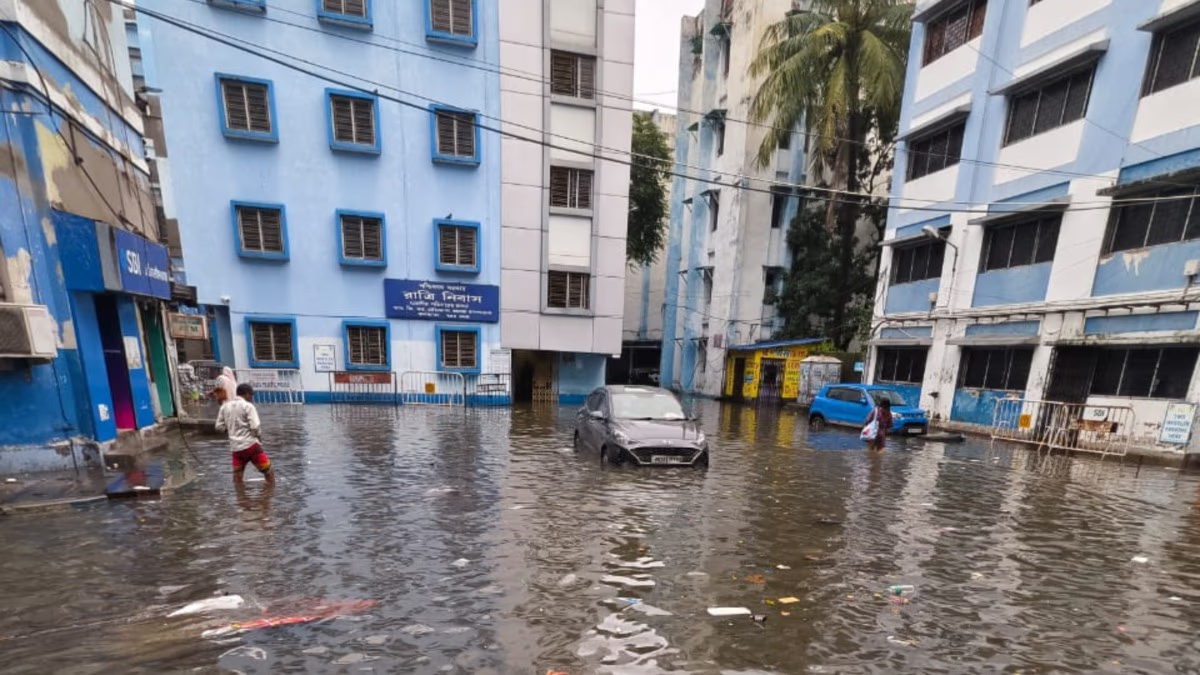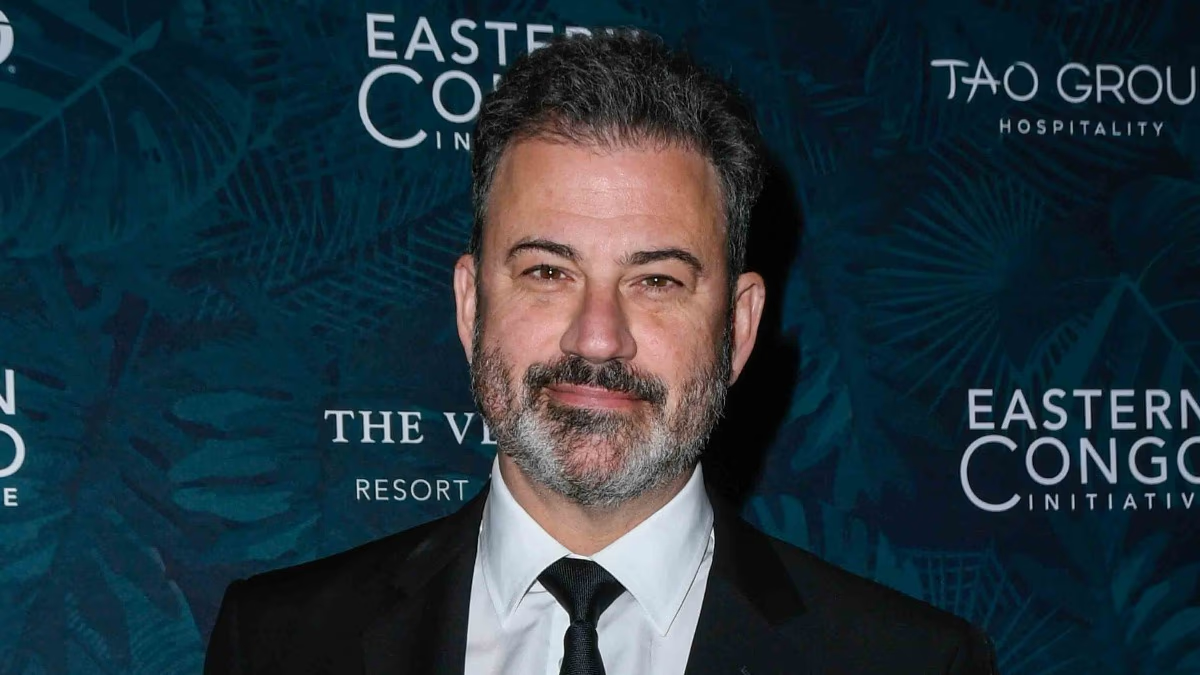Following the formulas applied in Madhya Pradesh, Chhattisgarh, and Rajasthan, the BJP has replicated its governance structure in Odisha as well. Like these three states, Odisha too will now shelter two Deputy CMs alongside the Chief Minister. Mohan Majhi is slated to be the Chief Minister while K.V. Singh Deo and Pravati Parida have been appointed as Deputy Chief Ministers.
Previously, last year, when the governments were formed in Madhya Pradesh, Chhattisgarh and Rajasthan, the BJP had also introduced two Deputy CMs in each state. Following an alliance with Nitish Kumar in Bihar, the NDA government was established with two Deputy CMs from the BJP. Similarly, in Maharashtra, there are two Deputy CMs in place.
In Andhra Pradesh, Pawan Kalyan, the head of the Jana Sena Party has been made the Deputy CM in Chandrababu Naidu's government. Jagan Mohan Reddy's earlier government featured as many as five Deputy CMs in the state of Andhra Pradesh.
Which States Have Deputy CMs?
Currently, 14 states across the country boast of having 23 Deputy CMs. In five of these states–Andhra Pradesh, Arunachal Pradesh, Himachal Pradesh, Karnataka, and Telangana–there exists one Deputy CM each.
The remaining nine states–Bihar, Chhattisgarh, Madhya Pradesh, Maharashtra, Meghalaya, Nagaland, Odisha, Rajasthan, and Uttar Pradesh feature two Deputy CMs each. Of the total, 15 Deputy CMs represent the BJP, 3 from the Congress, while 5 belong to other parties.
Is The Deputy CM Post Officially Recognized?
Articles 163 and 164 of the Constitution provide provisions related to the Chief Minister and the Cabinet. Article 163(1) states there shall be a Cabinet headed by the Chief Minister to advise the Governor.
These articles detail the process of appointing the Chief Minister by the Governor and likewise the appointment of the Cabinet based on the Chief Minister's advice. However, neither of these articles makes mention of the Deputy CM post.
The Deputy CM's position is often equated with that of a cabinet minister within the state. They receive the same salary and benefits as any cabinet minister would.
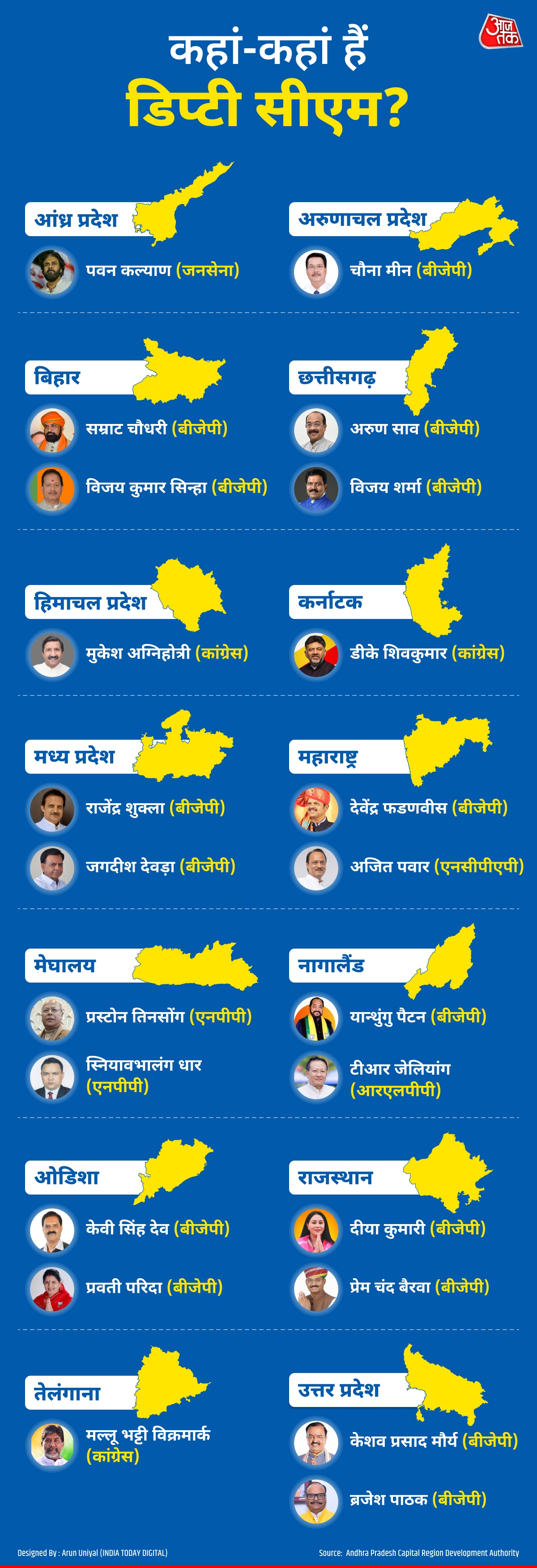
Source: aajtak
Is The Deputy CM Post Unconstitutional?
On February 12th of this year, the Supreme Court rendered a verdict on the appointments of Deputy CMs. A bench comprising Chief Justice D.Y. Chandrachud, Justice J.B. Pardiwala, and Justice Manoj Mishra ruled that the post of Deputy CM is not unconstitutional.
A petition had been filed challenging the constitutionality of Deputy CM appointments. The lawsuit was initiated by an institution called the Public Political Party, claiming such appointments violated the Constitution’s Article 14 (Right to Equality).
Rejecting the petition, Chief Justice Chandrachud remarked that the Deputy CM position is an office of profit and does not violate any constitutional provision. They held that being a Deputy CM does not confer any special privileges or a higher salary.
The Supreme Court also clarified that a Deputy Chief Minister is the state government's foremost and most vital minister, and that the designation is not unconstitutional.
How Was The Deputy CM Post Created?
The position of Deputy CM has been historically prevalent primarily in coalition governments. Anugrah Narayan Sinha is credited as India's first Deputy CM, who served in Bihar from independence until July 1957. Then in 1967, Karpoori Thakur became Bihar's second Deputy CM.
After 1967, with Congress's influence waning, several states began appointing Deputy CMs. In Uttar Pradesh, during the formation of the first United Legislators' Party government led by Chaudhary Charan Singh in 1967, Ram Prakash Gupta of the Jan Sangh was appointed as Deputy CM.
In Madhya Pradesh, Jan Sangh leader Virendra Kumar Saklecha served as the first Deputy CM, joining the government of Govind Narayan Singh in 1967. Meanwhile, Chaudhary Chand Ram was the first to assume the mantle of Deputy CM in Haryana.
Famous Leaders Who Became Deputy PMs
Similar to the Deputy CM, several leaders have assumed the role of Deputy PM in India. Following independence, in the first interim government, Sardar Vallabhbhai Patel served as the Deputy PM under Prime Minister Jawaharlal Nehru. Morarji Desai, Charan Singh, Devi Lal, and Lal Krishna Advani followed in the role.
When Devi Lal became the Deputy PM in V.P. Singh's government in 1989, his appointment was challenged in the Supreme Court on the basis that it did not comply with the Constitution's regulations. Nonetheless, the court upheld his appointment and declared that he, like the other cabinet ministers, is first and foremost a government minister.
